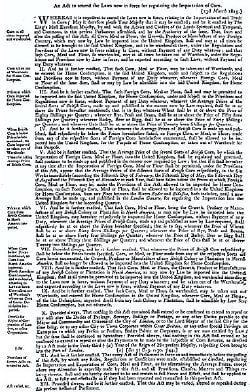Difference between revisions of "Info: Main Page" - New World Encyclopedia
From New World Encyclopedia
(change the invitation) |
(change the invitation) |
||
| Line 12: | Line 12: | ||
''Dear Reader,'' | ''Dear Reader,'' | ||
| − | ''The Values Forum is an interactive, journal-style forum in which you can write articles and commentary and engage in debate and discussion with other NWE thinkers and contributors. [http://forum.newworldencyclopedia.org/ Please visit the page to participate.]'' | + | ''[http://forum.newworldencyclopedia.org/ The Values Forum] is an interactive, journal-style forum in which you can write articles and commentary and engage in debate and discussion with other NWE thinkers and contributors. [http://forum.newworldencyclopedia.org/ Please visit the page to participate.]'' |
{{forum|25|Oct|2010/10/whatever-happened-to-public-service-or-one-nation-under-god-indivisible|Whatever happened to public service, or One Nation, Under God, indivisible?}} | {{forum|25|Oct|2010/10/whatever-happened-to-public-service-or-one-nation-under-god-indivisible|Whatever happened to public service, or One Nation, Under God, indivisible?}} | ||
Revision as of 12:37, 29 October 2010
Did you know?Values ForumDear Reader, The Values Forum is an interactive, journal-style forum in which you can write articles and commentary and engage in debate and discussion with other NWE thinkers and contributors. Please visit the page to participate. |
Featured Article: Corn Laws
The Corn Laws were import tariffs designed to support domestic British corn (in Britain, the term "corn" means "grain" (the kernel), and implies the primary grain crop of a country, which in England was wheat) prices against competition from less expensive foreign-grain imports, between 1815 and 1846. These laws are often viewed as examples of British mercantilism and their abolition marked a significant step towards free trade. The Corn Laws enhanced the profits and political power associated with land ownership.
Popular Article: Old Testament
The Old Testament (OT) is the first division of the Christian biblical canon, which is based primarily upon the 24 books of the Hebrew Bible, or Tanakh, a collection of ancient religious Hebrew and occasionally Aramaic writings by the Israelites. The second division of Christian Bibles is the New Testament, written in the Koine Greek language.
New World Encyclopedia integrates facts with values. Written by online collaboration with certified experts. |
Recently Updated
> more recent updates
|

